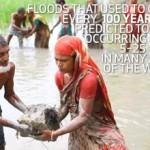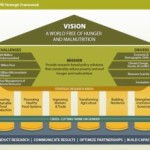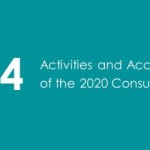In 2012, the world was home to about 28 million people who had fled their home region or country, and most of these people were hosted in developing countries. These refugees and internally displaced people (IDPs) have tended to be the focus of publicity and relief efforts—but what happens to the resilience and food security of people in the host communities? The 2020 conference brief Enhancing Resilience for Food Security in Refugee-Hosting Communities by Athur Mabiso, Jean-Francois Maystadt, Joachim Vandercasteelen, and Kalle Hirvonen, looks at the complexities surrounding refugees and host communities.
An influx of refugees can bring both benefits and costs. For example, incoming refugees can mean big changes for a community’s market for goods and labor. Refugees and humanitarian workers can boost local demand for goods and services, which could potentially be supplied by people in the host community. Reviewing available evidence, the authors found that not everyone in the host community is able to capitalize on such demand. Households with access to physical, human, or social capital are in a better position to take advantage of market opportunities, while poorer households may find themselves competing with cheap refugee labor.
If the presence of refugees and humanitarian workers in a community pushes up food prices, farmers who produce more food than they consume tend to benefit, whereas households that are net consumers of food will find themselves worse off. This suggests that policymakers should consider whether to target safety-net programs to poor people in the host community. Mabiso and his coauthors conclude that more and broader research is needed to examine interactions between refugees and local hosts and to identify policy options to help ensure that humanitarian refugee assistance leads to development for both refugees and hosts.





